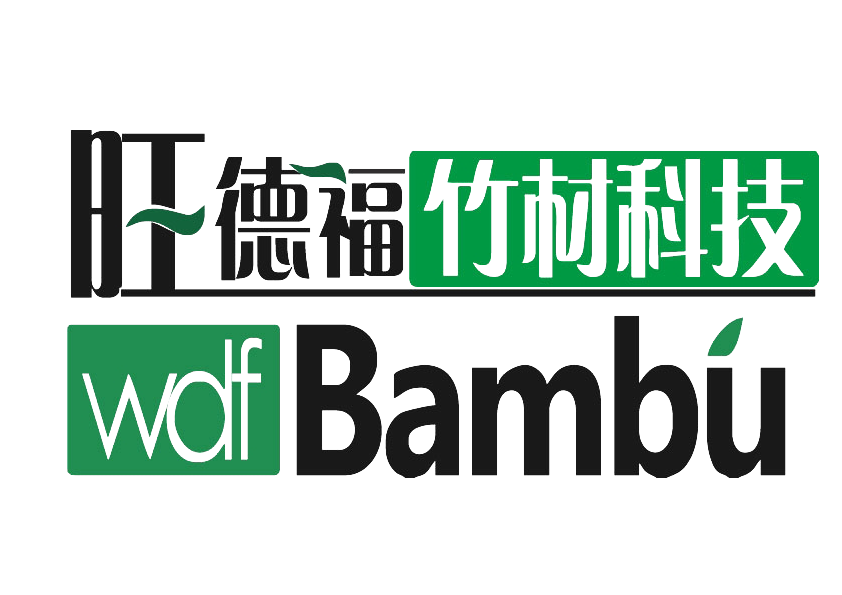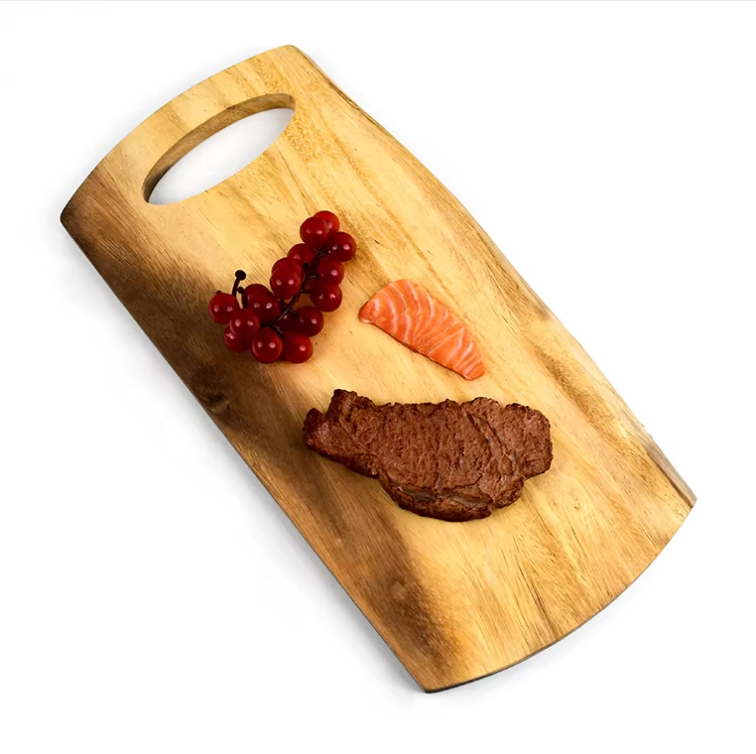Rapid Renewability vs. Traditional Materials
Bamboo Growth Rate: 3-5 Years vs. Decades for Hardwood
Bamboo is renowned for its rapid growth rate, reaching maturity within just 3-5 years. In contrast, hardwood trees often take several decades to mature. This distinct growth cycle of bamboo provides an eco-friendly solution with a much shorter turnover cycle, thereby reducing the carbon footprint associated with its harvesting. As bamboo quickly regrows, it can be harvested sustainably without depleting the resource, ensuring a consistent supply over time. Such rapid regeneration makes bamboo a superior choice for materials requiring frequent sourcing, highlighting its environmental benefits compared to traditional hardwood.
Sustainable Harvesting Without Ecosystem Destruction
Bamboo can be sustainably harvested, a process that involves selectively cutting mature plants while leaving the root system intact. This method is starkly different from traditional lumber logging, which often results in extensive land clearing and harm to surrounding ecosystems. Fortunately, bamboo’s harvesting process has minimal impact on the flora and fauna, preserving the biodiversity and health of its ecosystems. Bamboo forests play a crucial role in ecosystem preservation, supporting various species and maintaining ecological balance, showcasing a sustainable pathway for material sourcing.
Reduced Pressure on Deforestation-Prone Resources
The utilization of bamboo significantly reduces the reliance on hardwood, easing the pressure on forests vulnerable to deforestation. Its adaptability and ability to grow in diverse environments allow for cultivation on previously degraded lands, promoting land restoration initiatives. This transition to using bamboo can lead to improved forest conservation strategies, helping to mitigate climate change impacts. Ultimately, integrating bamboo into material sourcing can be a powerful tool for environmental conservation, serving as a proactive approach to sustainable development.
Biodegradability and Waste Reduction
Natural Decomposition in 4-6 Months vs. Plastic's 500+ Years
The biodegradability of Bamboo Products starkly contrasts with that of plastic. Bamboo decomposes naturally within 4-6 months under the right conditions. This rapid breakdown significantly reduces landfill waste, making it an environmentally friendly option. Conversely, plastic can take over 500 years to decompose, contributing to long-term environmental pollution. By using bamboo, we can support global efforts to curb single-use plastics and promote a healthier ecosystem. With the market for bamboo tableware and kitchenware experiencing growth, as noted in a recent industry analysis, these products offer eco-friendly alternatives that resonate with sustainability initiatives globally.
Compatibility with home/Industrial Composting Systems
Bamboo's organic composition makes it an excellent candidate for both home and industrial composting systems without emitting harmful toxins. When composted, bamboo waste enriches the soil by returning nutrients, enhancing its fertility—a crucial component of sustainable agricultural practices. Compost derived from bamboo can significantly boost crop productivity and soil health, showcasing the material's compatibility with eco-friendly waste management systems. The growing demand for bamboo fiber tableware reflects the shift toward embracing materials that support waste reduction and sustainable living.
Solving Single-Use Packaging Waste Challenges
Bamboo trays present a sustainable solution to single-use plastic packaging widely employed across various industries. By replacing plastic with bamboo, businesses can notably reduce their carbon footprint and appeal to environmentally conscious consumers. As market statistics reveal an increasing demand for biodegradable packaging, bamboo trays can provide sustainable business opportunities. This shift is particularly pertinent in regions like Europe and North America, where regulations champion compostable materials, further supporting the transition to more sustainable packaging options. Incorporating bamboo into packaging solutions aligns with the global movement towards reducing environmental impact through mindful material choices.
Carbon Sequestration Advantages
35% Higher CO2 Absorption Than Equivalent Tree Stands
Bamboo's remarkable ability to absorb carbon dioxide positions it as a superior option for carbon sequestration compared to conventional tree stands. Research indicates that bamboo can absorb up to 35% more CO2, significantly aiding climate change mitigation efforts. This enhanced absorption capability is particularly beneficial in heavily industrialized areas, where bamboo can offset carbon emissions and improve local air quality. The widespread cultivation of bamboo thus serves not only as a mitigative agent against global warming but also enhances the environmental health of air-polluted regions.
Closed-Loop Production: From Growth to Composting
Bamboo's lifecycle exemplifies a closed-loop production system that aligns with sustainability goals. From rapid growth to efficient decomposition, bamboo minimizes waste and reinforces eco-friendly practices. This system ensures that bamboo products contribute positively to the circular economy by consistently returning to the earth without harmful residues. By continuously reusing and recycling materials, this approach champions a sustainable and renewable future. Implementing closed-loop systems in production can lead to substantial environmental benefits and enhanced resource management.
Offsetting Synthetic Material Manufacturing Emissions
Replacing synthetic materials with bamboo can significantly curtail greenhouse gas emissions commonly associated with plastic production. Bamboo products lead the shift toward carbon-neutral materials, supporting corporate sustainability efforts. Real-world examples highlight companies that report reduced carbon footprints through bamboo usage, emphasizing their dedication to environmental responsibility. This strategic substitution not only aligns with global sustainability objectives but also appeals to environmentally conscious consumers seeking greener product alternatives.
Low-Impact Agricultural Requirements
Thrives Without Synthetic Pesticides/Fertilizers
The cultivation of bamboo is notably sustainable due to its minimal reliance on synthetic chemicals. Bamboo naturally resists pests, reducing the necessity for pesticides and fertilizers that can harm soil and surrounding ecosystems. This organic farming approach enhances soil health by preventing harmful chemical runoff, a major issue in conventional agriculture. Additionally, bamboo's resilience contributes to more sustainable agricultural practices by demanding fewer interventions, promoting a healthier environment overall.
Root System Preservation for Soil Health
Bamboo is renowned for its extensive root system, which plays a vital role in maintaining soil health and preventing erosion. These roots effectively anchor the soil, preserving its nutrients, and fostering a fertile environment for neighboring crops. As a result, bamboo cultivation supports vibrant ecosystems, contributing to climate resilience by ensuring nutrients remain within the soil. Investing in bamboo agriculture helps protect the soil, enhancing its fertility and offering long-term benefits to the surrounding ecosystems.
Water Efficiency: 30% Less Than Cotton Cultivation
Bamboo cultivation offers significant advantages in water efficiency, requiring approximately 30% less water compared to traditional cotton farming. This is particularly valuable in regions experiencing water scarcity, as it promotes sustainable agricultural practices that can alleviate water stress. By incorporating bamboo, farmers can contribute to better water resource management while supporting local economies. The water efficiency of bamboo not only aids in conservation efforts but also aligns with global initiatives to improve agricultural sustainability.
Durability Meets Circular Economy
Natural Fiber Strength vs. Plastic Brittleness
Bamboo trays showcase exceptional natural fiber strength, outperforming most plastics in durability and reliability. This makes bamboo an ideal material for a variety of applications where longevity is essential. Bamboo's inherent resilience reduces the necessity for frequent replacements, thus minimizing overall resource consumption and contributing to environmental conservation. Expert reviews often confirm bamboo's superiority in holding up under stress compared to its plastic counterparts, which tend to weaken and fracture under strain. Bamboo's strength provides a sustainable alternative that aligns with eco-friendly practices and supports a zero-waste ethos.
Reusability in Food Service & Retail Applications
Bamboo trays are incredibly sturdy, allowing them to be reused multiple times, especially beneficial in food service settings where reduction of waste is paramount compared to disposable plastic options. The growing trend towards reusing materials not only saves costs for businesses but also resonates with sustainability goals by minimizing environmental impact. Many restaurants and retailers report enhanced customer satisfaction when embracing eco-friendly bamboo products, as customers appreciate the commitment to sustainable practices. The durability and aesthetic appeal of bamboo trays make them a practical and green choice for businesses aiming to bolster their environmental credentials.
End-of-Life Value: From Waste to Nutrient-Rich Compost
At the end of their lifecycle, bamboo trays can seamlessly transition into compost, avoiding the fate of occupying space in landfills. This feature highlights bamboo's significant role in the circular economy, where waste products are transformed into valuable resources that enrich soil health. Incorporating bamboo into waste management strategies not only helps maintain the fertility and integrity of soils but also supports sustainable farming practices. By choosing bamboo, we actively contribute to a process that turns everyday waste into nutrient-rich compost, supporting a more resilient agricultural infrastructure and promoting a sustainable future.
FAQ
What makes bamboo a sustainable option compared to traditional materials?
Bamboo's rapid growth rate and ability to be sustainably harvested without harming ecosystems make it a more sustainable option than traditional materials like hardwoods.
How does bamboo help reduce single-use plastic waste?
Bamboo products, such as bamboo trays, provide eco-friendly alternatives to single-use plastics and are biodegradable, thus reducing plastic waste.
Can bamboo cultivation contribute to soil and water conservation?
Yes, bamboo cultivation helps preserve soil health due to its robust root system, and it requires significantly less water compared to cotton farming, aiding in water conservation.
What is the carbon sequestration advantage of bamboo?
Bamboo absorbs up to 35% more CO2 than equivalent tree stands, enhancing its role in carbon sequestration and climate change mitigation.
Are bamboo products compatible with composting systems?
Yes, bamboo products can be composted in both home and industrial systems, enriching soil health without emitting harmful toxins.
Table of Contents
- Rapid Renewability vs. Traditional Materials
- Biodegradability and Waste Reduction
- Carbon Sequestration Advantages
- Low-Impact Agricultural Requirements
- Durability Meets Circular Economy
-
FAQ
- What makes bamboo a sustainable option compared to traditional materials?
- How does bamboo help reduce single-use plastic waste?
- Can bamboo cultivation contribute to soil and water conservation?
- What is the carbon sequestration advantage of bamboo?
- Are bamboo products compatible with composting systems?



 Home
Home